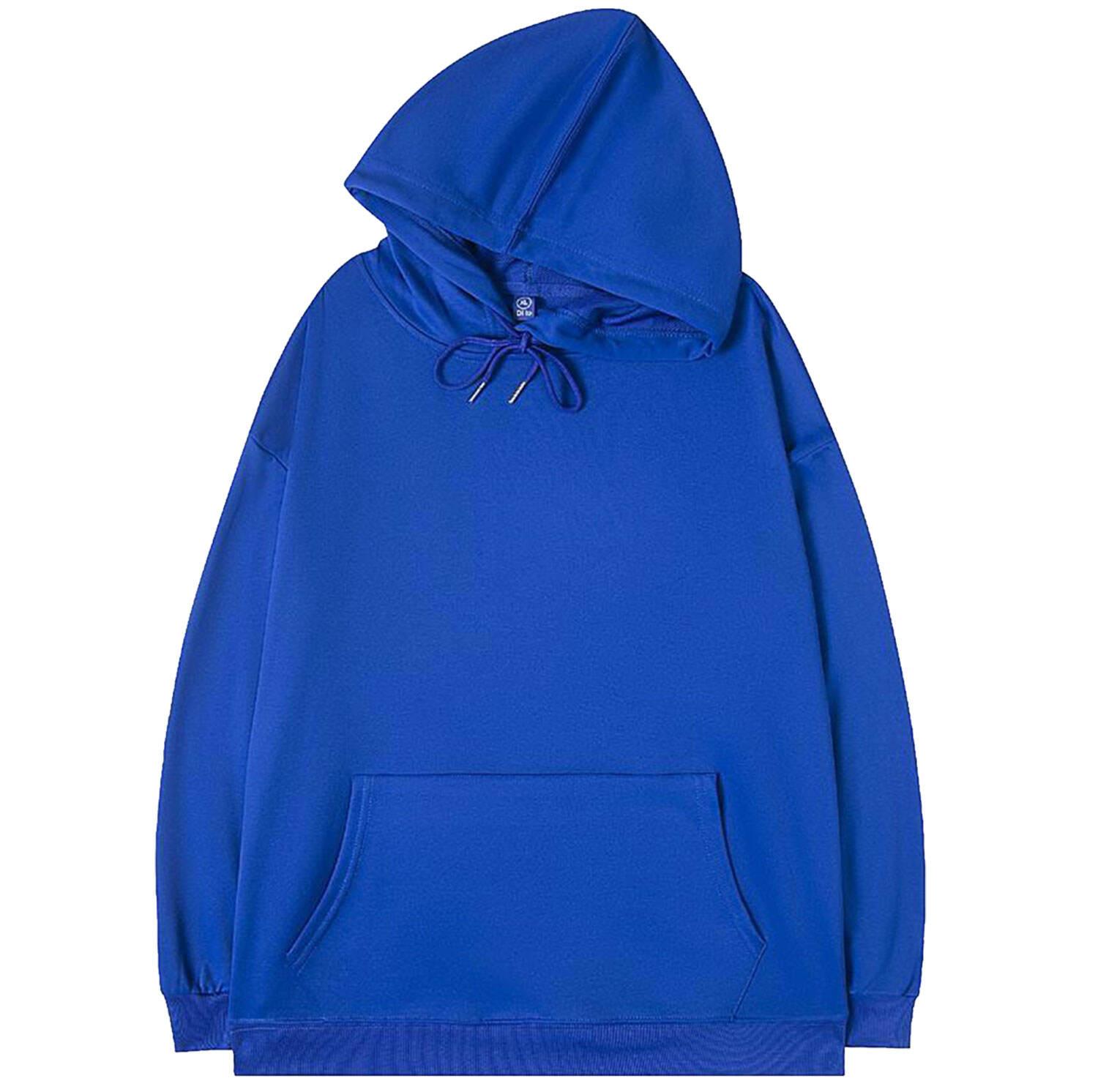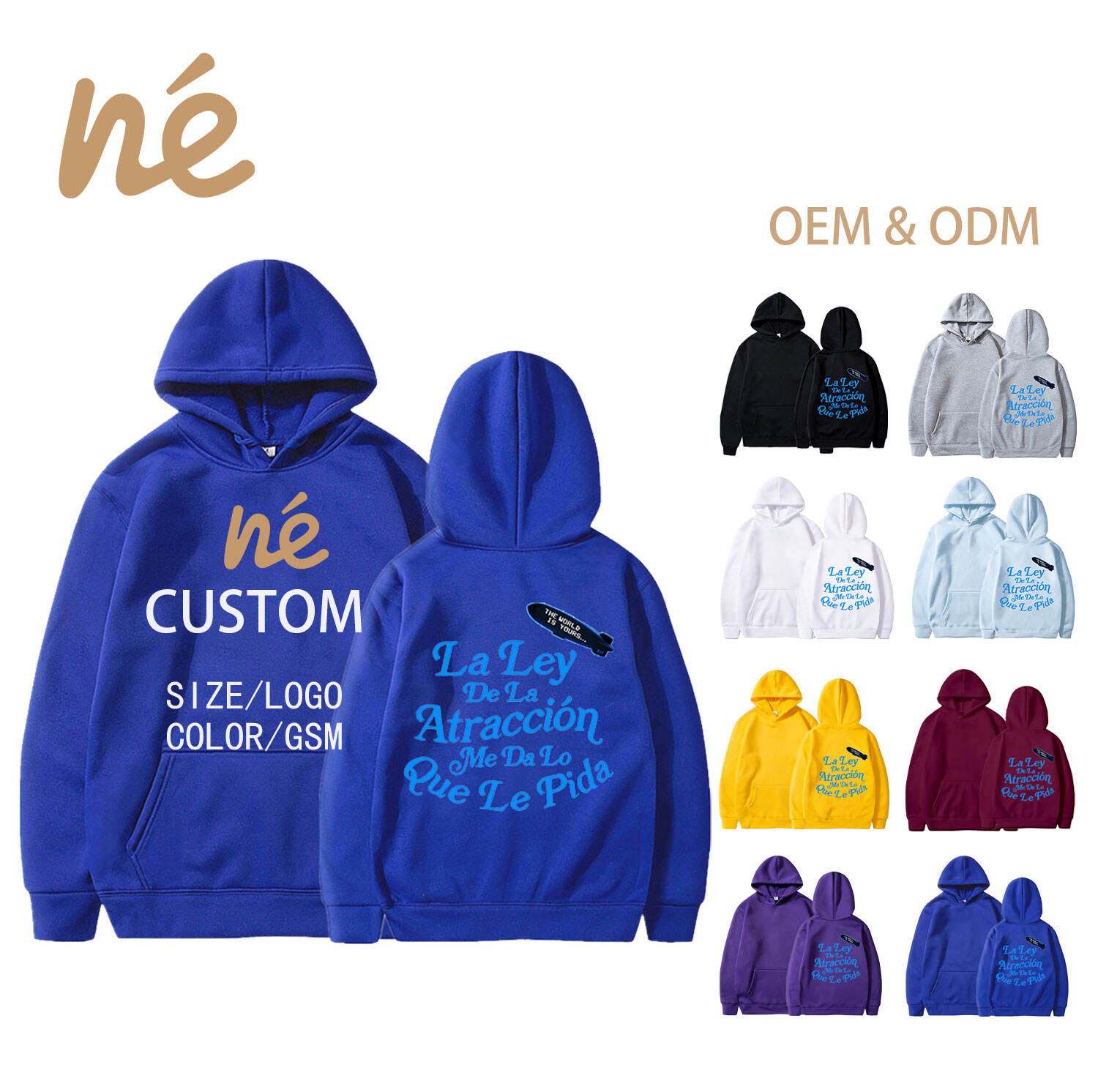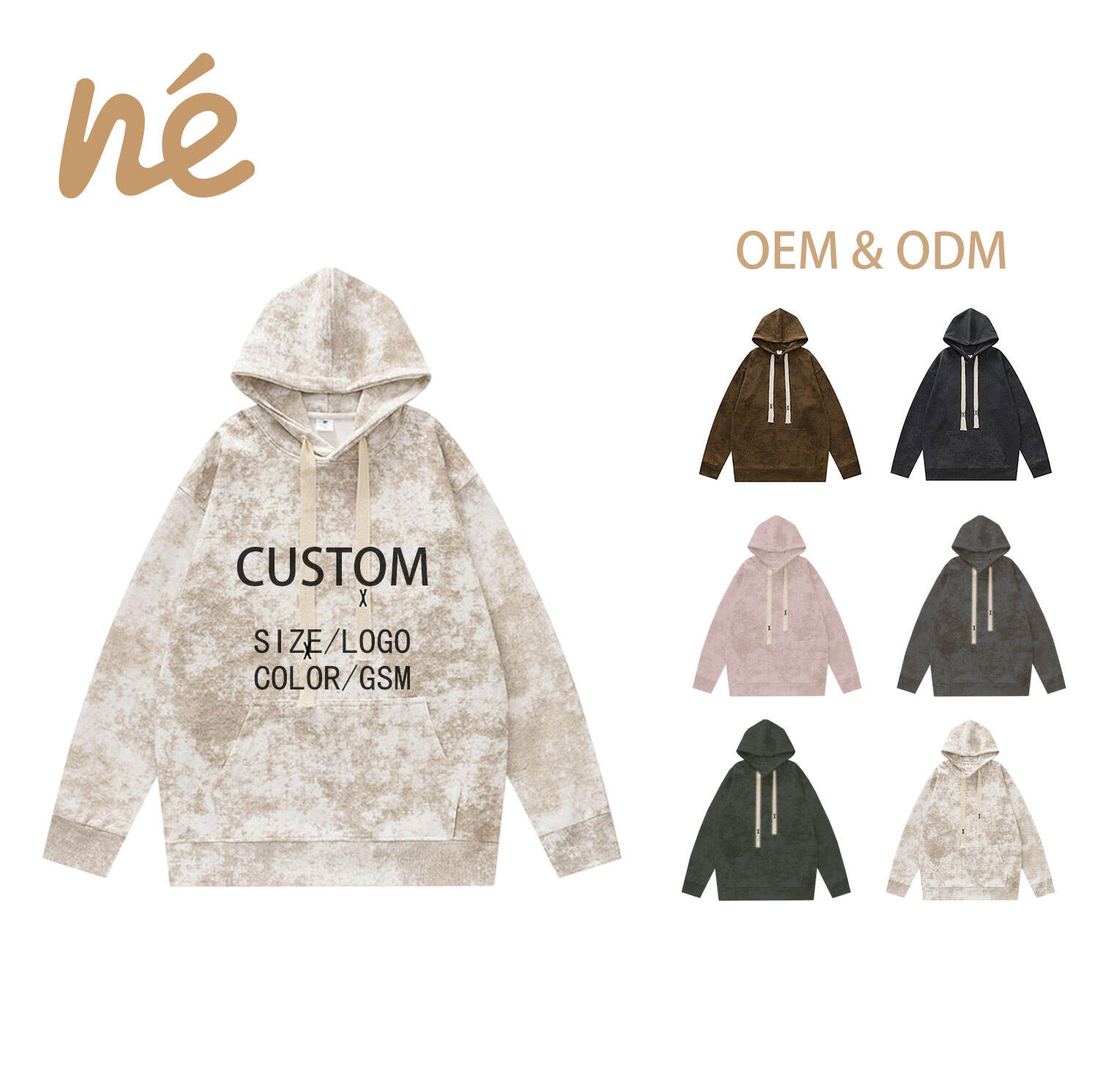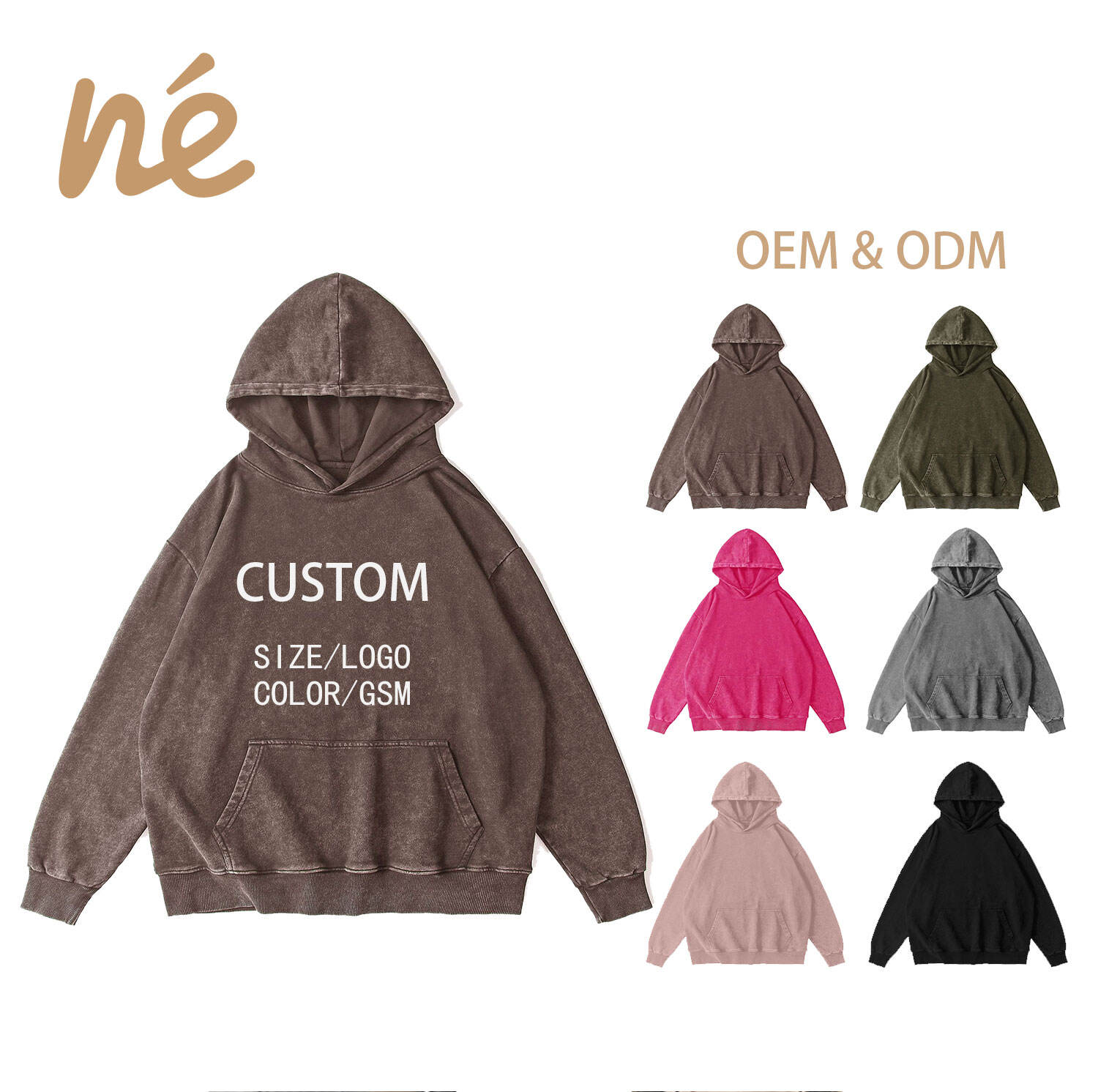best manufacturers for clothing
The best clothing manufacturers combine cutting-edge technology with sustainable practices and expert craftsmanship to deliver high-quality garments. These industry leaders leverage advanced manufacturing processes, including automated cutting systems, digital printing technologies, and quality control measures that ensure consistent product excellence. Top manufacturers implement sophisticated supply chain management systems, enabling efficient production and timely delivery while maintaining cost-effectiveness. They utilize state-of-the-art machinery for precise stitching, pattern making, and fabric handling, resulting in superior garment construction. Modern clothing manufacturers also emphasize sustainability, incorporating eco-friendly materials and processes while reducing waste through efficient resource management. They employ skilled artisans and technicians who oversee production quality, ensuring each garment meets strict standards for durability, comfort, and aesthetic appeal. These manufacturers often maintain research and development facilities to innovate new textile technologies and manufacturing methods, keeping them at the forefront of industry advancements. Additionally, they offer customization options, flexible production volumes, and comprehensive quality assurance programs to meet diverse client needs.












